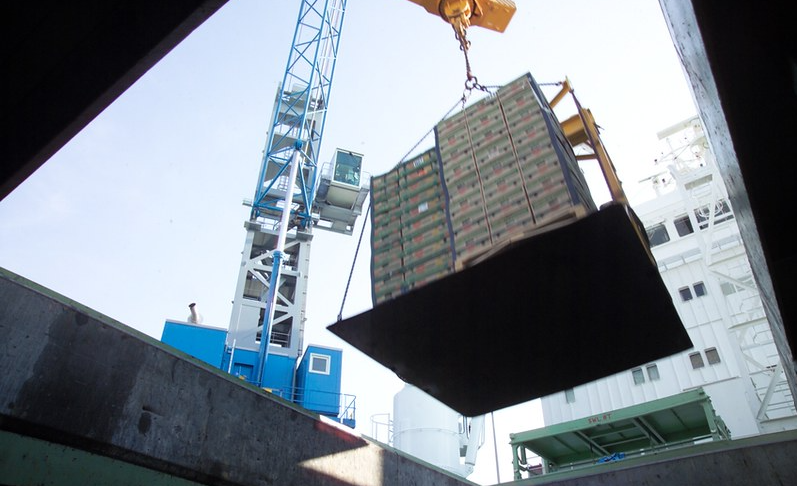Jobs that require abstract thinking, people engagement and soft skills are less likely to be automated in the future, according to research just published by the London School of Economics and Political Science.
Occupations that involve physicality and muscle, or those that can be codified or delivered online, are more likely to be replaced by machines, the report's authors assert. White-collar jobs, which have large volumes of tasks that can be codified or be delivered online are anticipated to diminish. However, within this category, those that provide bespoke or executive services will remain, the research suggests.
To prepare the research, LSE’s Cecily Josten and Dr Grace Lordan mapped an indicator of how automatable any occupation is to data from the European Labour Force Survey which contains labour market data from across European Union member states and the UK.
Managers of all types, such as CEOs and health and education executives, have nothing to worry about, according to the study. Nor do carpenters or electricians - the trade jobs that bring together creativity with physical labour.
Josten said: “Identifying which skills, abilities and activities will be demanded is key not only for us as individuals but also for policymakers and companies interested to hire and train the workforce of the future. As the returns to education in, for example, social or digital skills, are increasing, it will become relevant to know what type of training and education is needed.”
Dr Grace Lordan added: “The future of work will have winners and losers. I would avoid accounting, unless you plan advanced studies, and choose STEM or economics. I would avoid becoming a brick layer and choose a specialist trade. We also need the government to do more to allow people engage in these advanced qualifications who cannot afford them, so they are not left behind. The money must come from somewhere, so we need to look at better capturing the rents from the technologies that are causing jobs to disappear.”
Printed Copy:
Would you also like to receive CIR Magazine in print?
Data Use:
We will also send you our free daily email newsletters and other relevant communications, which you can opt out of at any time. Thank you.











YOU MIGHT ALSO LIKE